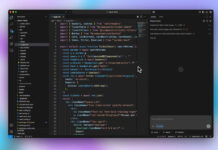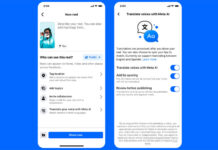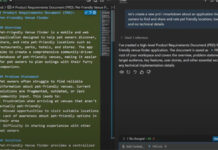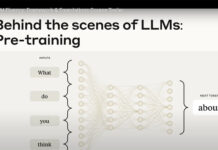IBL News | New York
OpenAI unveiled ChatGPT Edu, a GPT-4o version built for universities to deploy AI to students, faculty, researchers, and campus operations.
This model can reason across text and vision and use advanced tools such as data analysis.
“This new offering includes enterprise-level security and controls and is affordable for educational institutions,” said OpenAI.
Campuses can use ChatGPT Edu for various tasks, such as providing personalized tutoring for students and reviewing their resumes, helping researchers write grant applications, and assisting faculty with grading and feedback.
OpenAI provided a few examples:
- Professor Nabila El-Bassel at Columbia University built a GPT with her team that analyzes and synthesizes large datasets in seconds to inform interventions, reducing overdose fatalities.
- Undergraduates and MBA students in Professor Ethan Mollick’s courses at Wharton completed their final reflection assignments through discussions with a GPT trained on course materials, reporting that ChatGPT got them to think more deeply about what they’ve learned.
- Christiane Reves, an assistant professor at Arizona State University, is developing a custom Language Buddies GPT for students to engage in German conversations suited to their language level while receiving tailored feedback. The GPT will help students build communication skills and save faculty assessment time.
OpenAI’s said that its ChatGPT Edu was including:
- “Access to GPT-4o flagship model, excelling in text interpretation, coding, and mathematics
- Advanced capabilities such as data analytics, web browsing, and document summarization
- The ability to build GPTs, custom versions of ChatGPT, and share them within university workspaces
- Significantly higher message limits than the free version of ChatGPT
- Improved language capabilities across quality and speed, with over 50 languages supported
- Robust security, data privacy, and administrative controls such as group permissions, SSO, SCIM, and GPT management
- Conversations and data are not used to train OpenAI models.”
Pricing info was not provided, and the San Francisco research lab encouraged universities to contact sales.

 En Español
En Español











![Apple Marketed Its New iPhones As a Best-In-Class Hardware, Not As an AI Device Maker [Video]](https://iblnews.org/wp-content/uploads/2025/09/iPhoneair-218x150.jpg)










